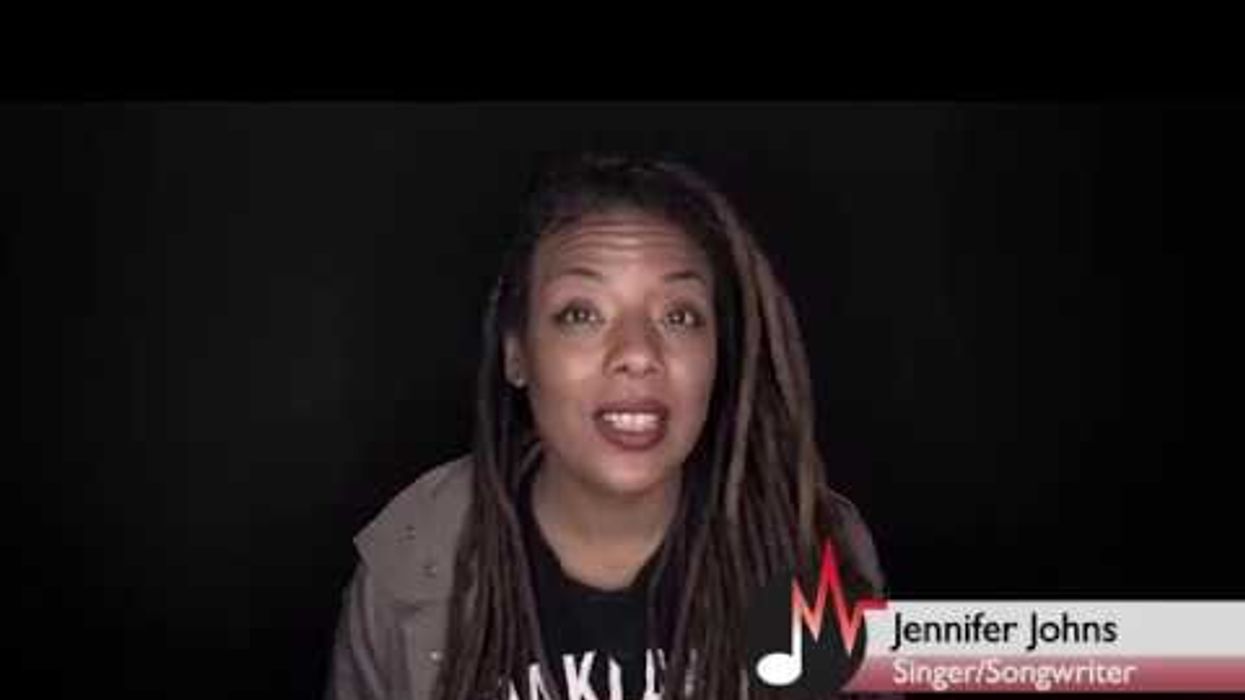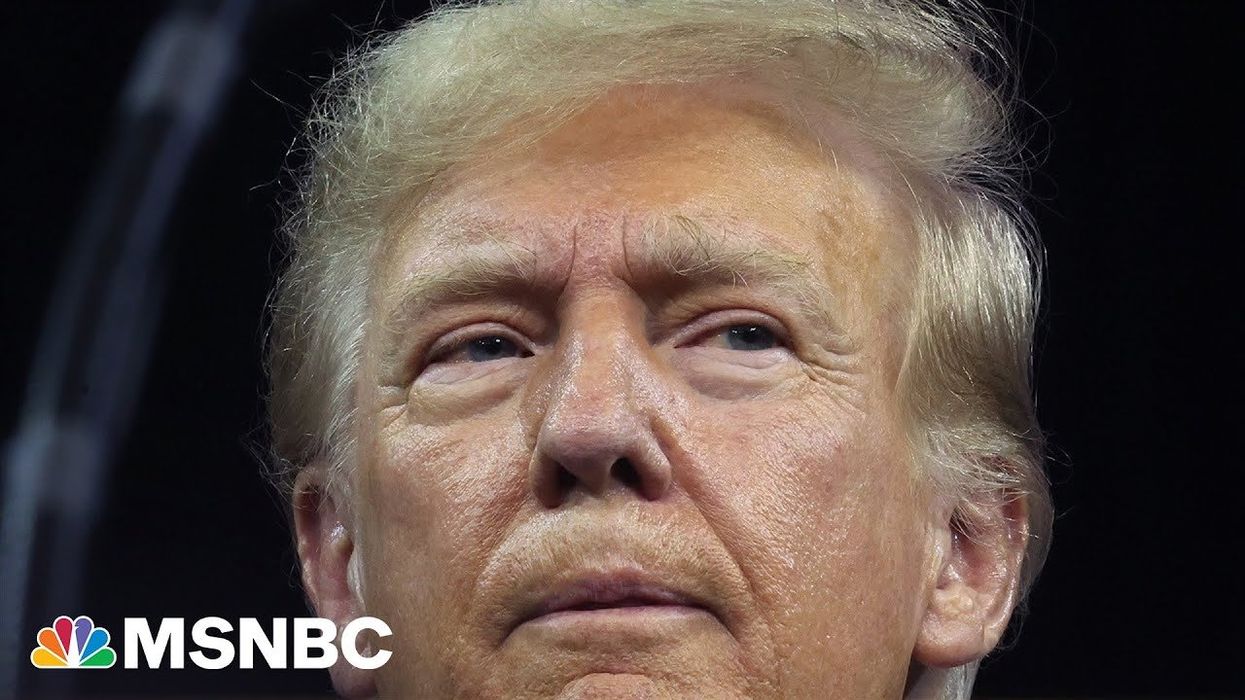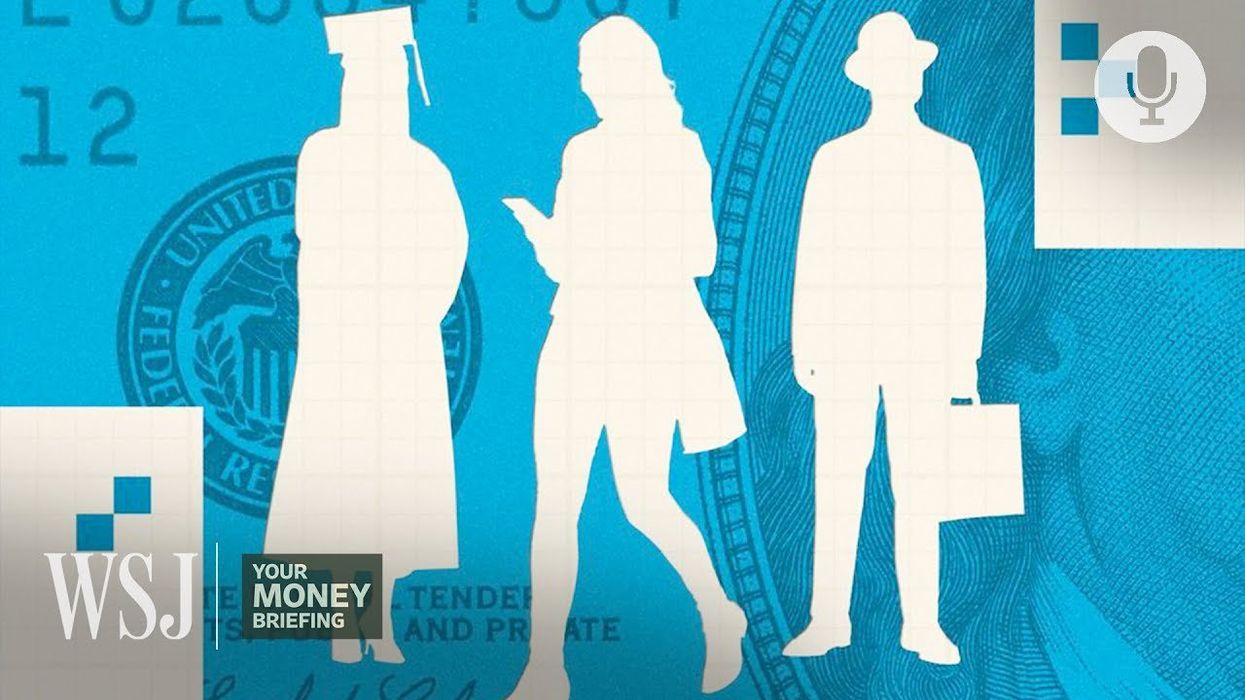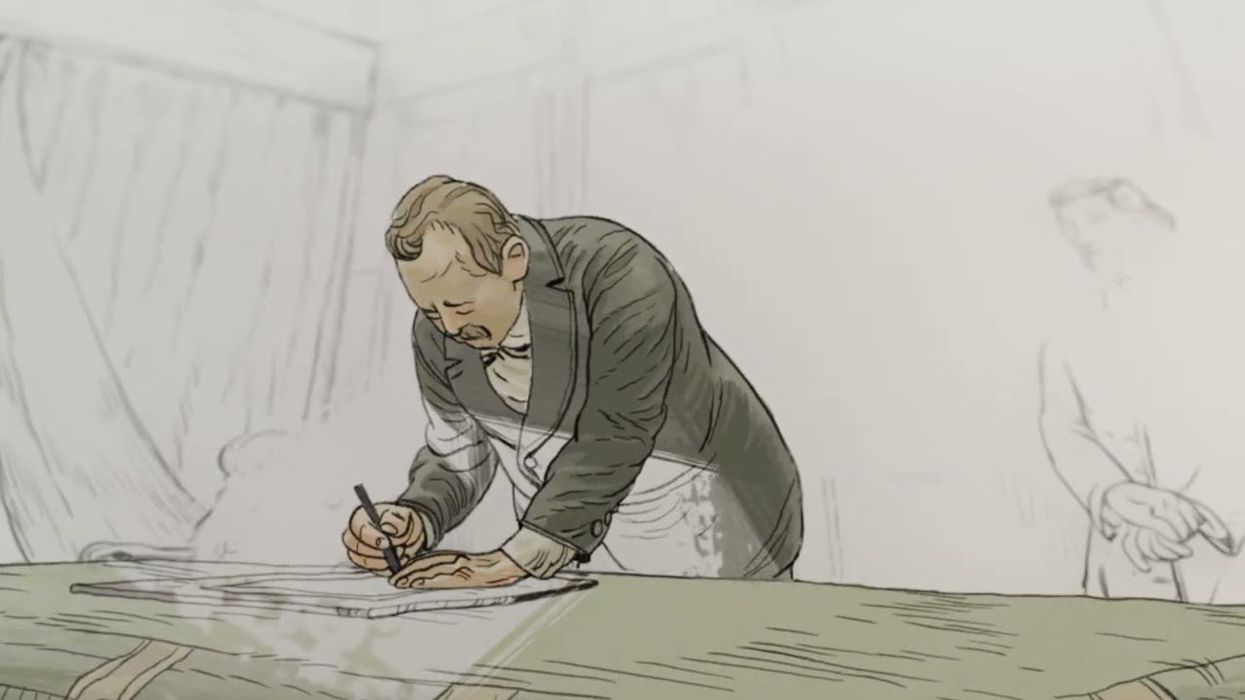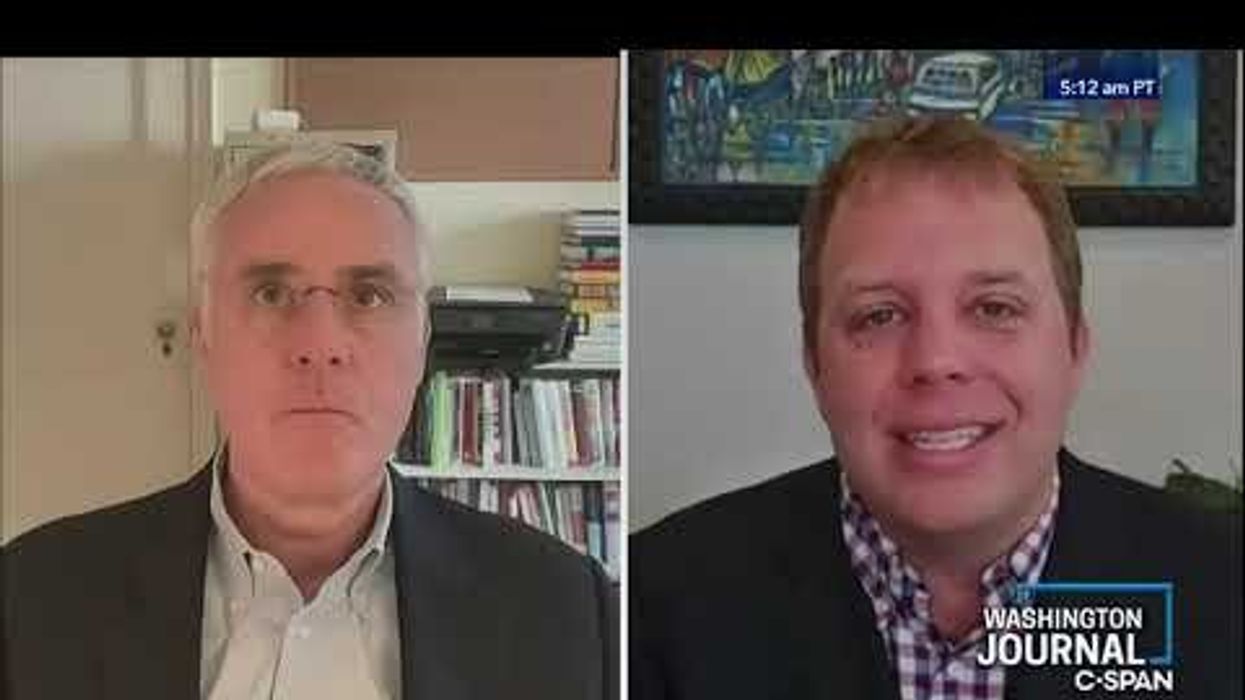David Nevins is co-publisher of The Fulcrum and co-founder and board chairman of the Bridge Alliance Education Fund.
Noel Paul Stookey, folk singing icon from Peter, Paul and Mary, has said that, “Music opens the heart so the mind can learn.”
This tradition is carried forth by his daughter, Liz Stookey Sunde, who more than a decade ago, asked the question of how music might become a more strategic tool for social change. That question has led to a big vision to make the world a better place through music.
Through her non-profit Music to Life, she has collaborated for years with a broad network of artists, nonprofit organizations, and businesses to explore how music can deliver positive, measurable, social change.
Music to Life provides four reasons why music in this time of cultural and political divide in our nation is more important than ever:
- Bridging Divides: Musicians can be powerful change agents, developing new social solutions, reminding us of our common experiences as humans and inspiring our responsibility to our global community.
- Engagement: Research shows that musicians help enhance people’s identification with a cause or community and their music increases people's loyalty to an issue and connection with each other.
- Bringing Change: Musicians help define pivotal moments of our history, sparking new and unconventional ways of communicating, challenging norms, and unifying.
- Establishing humanity: Musician-driven gatherings, whether to raise awareness or connect with people in need, remind us of our common humanity, give us a sense of belonging, and spark meaningful participation.
Listen to these artists tell their stories, through their words and music, of how Music to Life engages with entrepreneurial musicians around the country who seek to be change agents in their communities. This is a snapshot of several of Music to Life's Bay Area artist friends, their social change work, and their perspectives on Music to Life's value.
This video was originally published by Music To Life.
In the coming months, The Fulcrum will provide the space for changemaker artists to share their content through The Fulcrum. If you are an artist, we invite you to share your music with us. If you are a reader who has been impacted by music to become involved in moving your community or country forward, we’d love to hear from you as well. Please contact us at: pop-culture@fulcrum.us.





